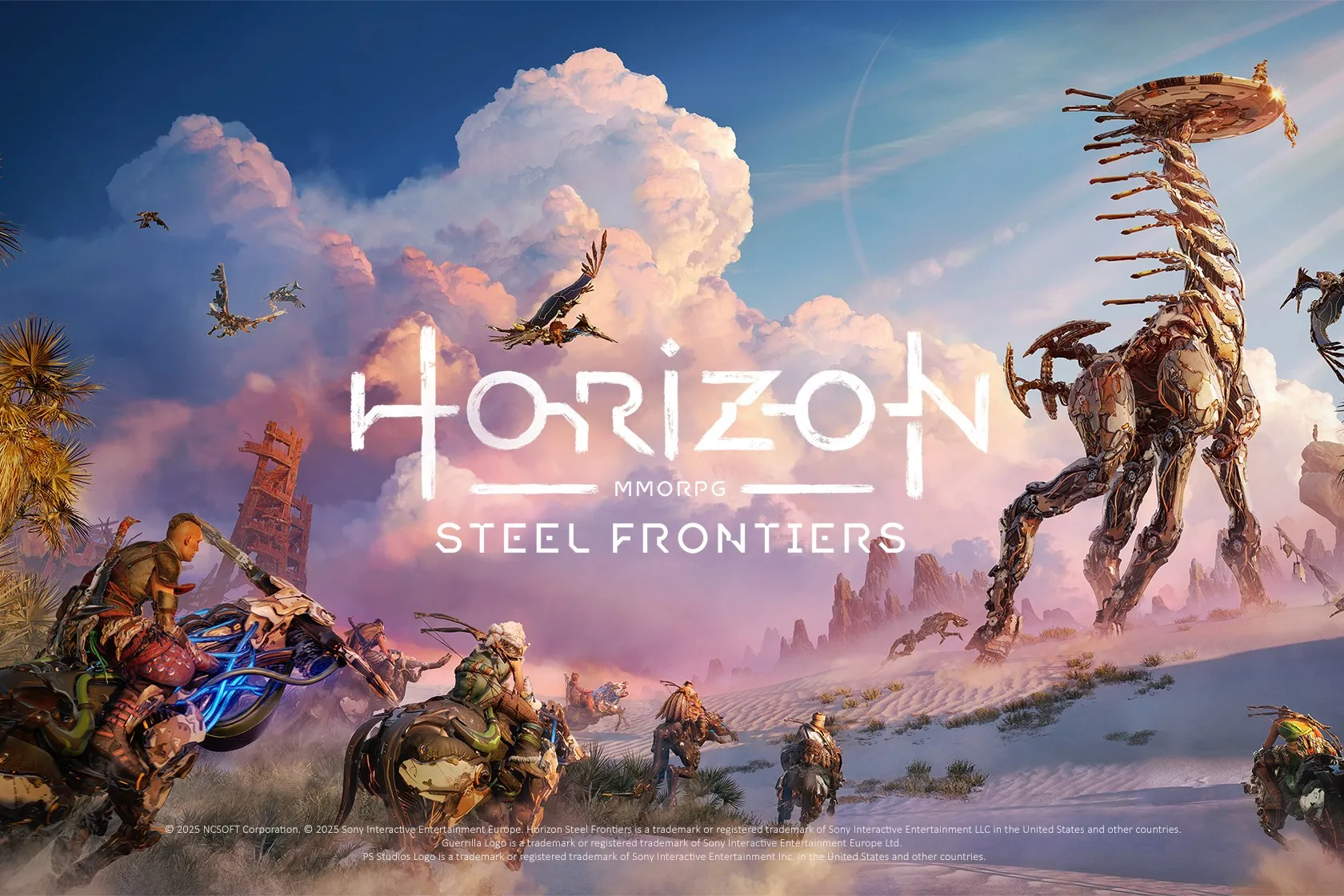Rockstar Games has come under fire after reports surfaced that the company terminated between 30 and 40 employees across its UK and Canadian studios in late October 2025. The layoffs have sparked accusations of anti-union retaliation, with sources claiming that those dismissed were part of a private online group linked to early union organizing efforts.
The timing of the firings has raised eyebrows. Grand Theft Auto VI, Rockstar’s biggest release in over a decade, is scheduled to launch in May 2026. With the game’s development nearing its final stretch, the dismissals have drawn intense scrutiny from labor advocates and fellow developers across the industry.
The Independent Workers’ Union of Great Britain, which represents many of the affected employees, alleges that the workers were targeted specifically because they were either union members or involved in discussions to form one. According to statements from the group, every employee terminated was part of a private Discord server where organizing strategies were being discussed.
Rockstar and its parent company, Take-Two Interactive, have denied the accusations. The company said the employees were dismissed for the distribution and discussion of confidential company information in a public forum, calling the matter one of gross misconduct. Rockstar stated that the decision was unrelated to anyone’s right to join or form a union.
Union leaders and labor advocates have described the move as an act of retaliation. Alex Marshall, president of the Independent Workers’ Union of Great Britain, called the terminations “one of the most blatant and ruthless acts of union-busting in the history of the games industry.” Protests followed outside Take-Two’s London headquarters and Rockstar’s Edinburgh studio, where demonstrators held signs demanding the reinstatement of the terminated staff.
The incident comes amid a growing wave of labor activity across the video game industry. Over the past few years, developers at major studios have begun organizing to address long working hours, unpaid overtime, and lack of job security. The controversy at Rockstar is now seen as a pivotal moment that could define how much freedom game developers have to advocate for better working conditions without fear of losing their jobs.
The studio’s reputation for intense production cycles and secrecy has long been part of its identity, but the backlash from these allegations threatens to overshadow one of the most anticipated releases in modern gaming. As development on Grand Theft Auto VI continues, the company faces mounting pressure to address concerns about workplace culture and transparency.
Legal experts say the path forward could take months. Under UK law, workers have the right to organize, but proving unfair dismissal based on union activity can be difficult. Meanwhile, the case has amplified broader discussions about power dynamics in the gaming industry and how studios handle dissent.
For Rockstar, the coming months will test its leadership and public image. Balancing the final development phase of a billion-dollar franchise with an ongoing labor dispute could shape not only the studio’s future but also the trajectory of union efforts across the global games industry.





